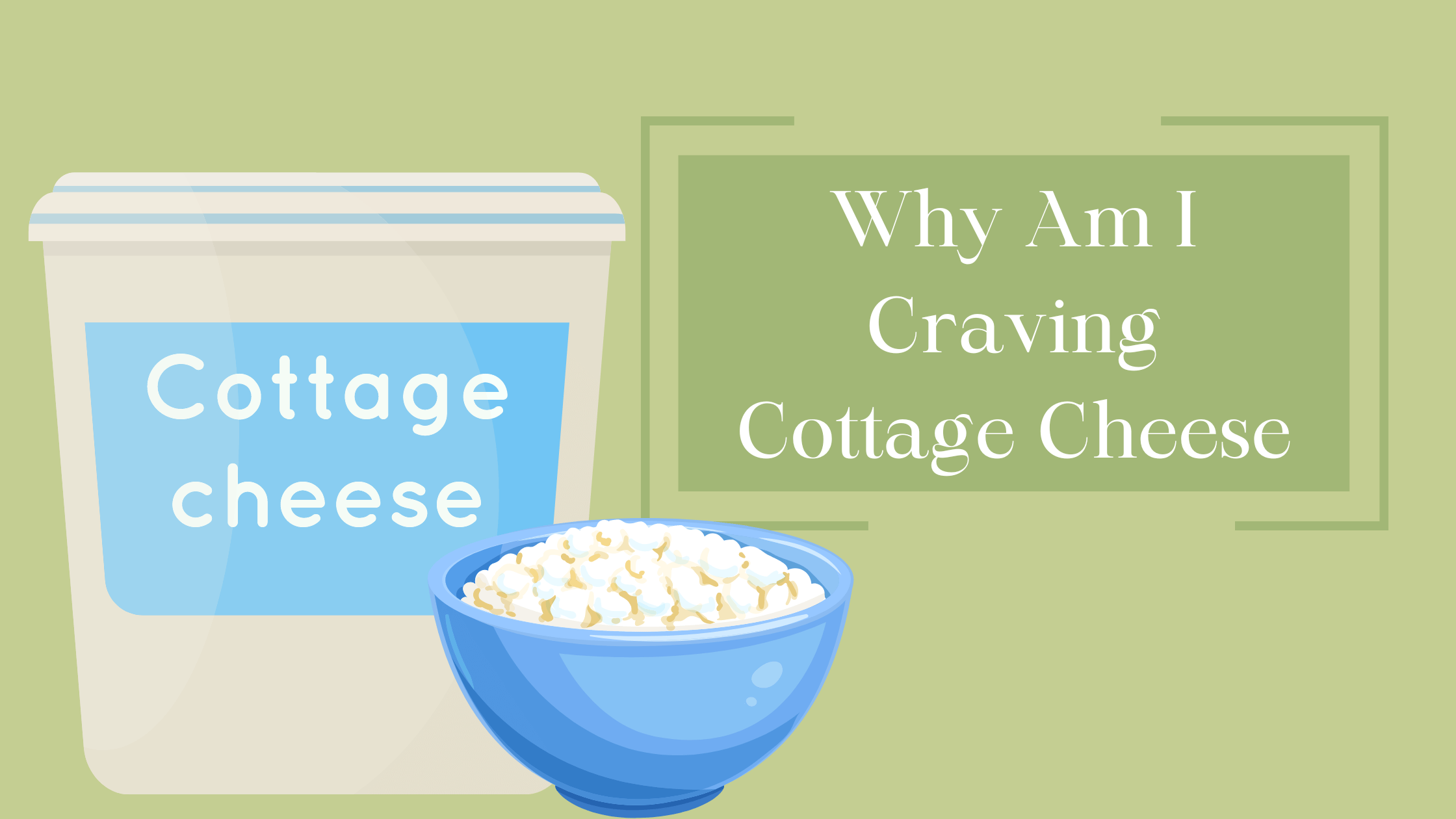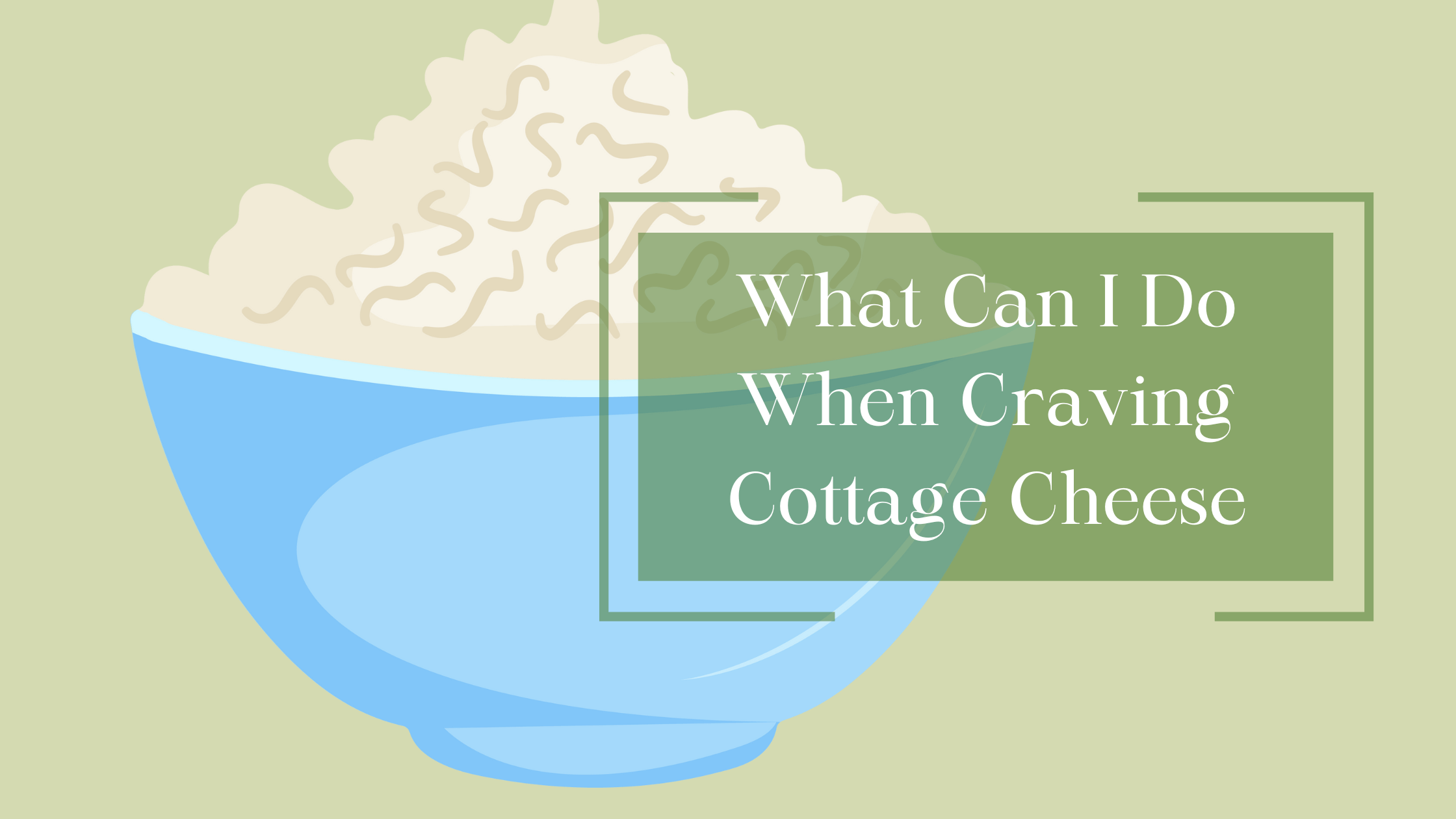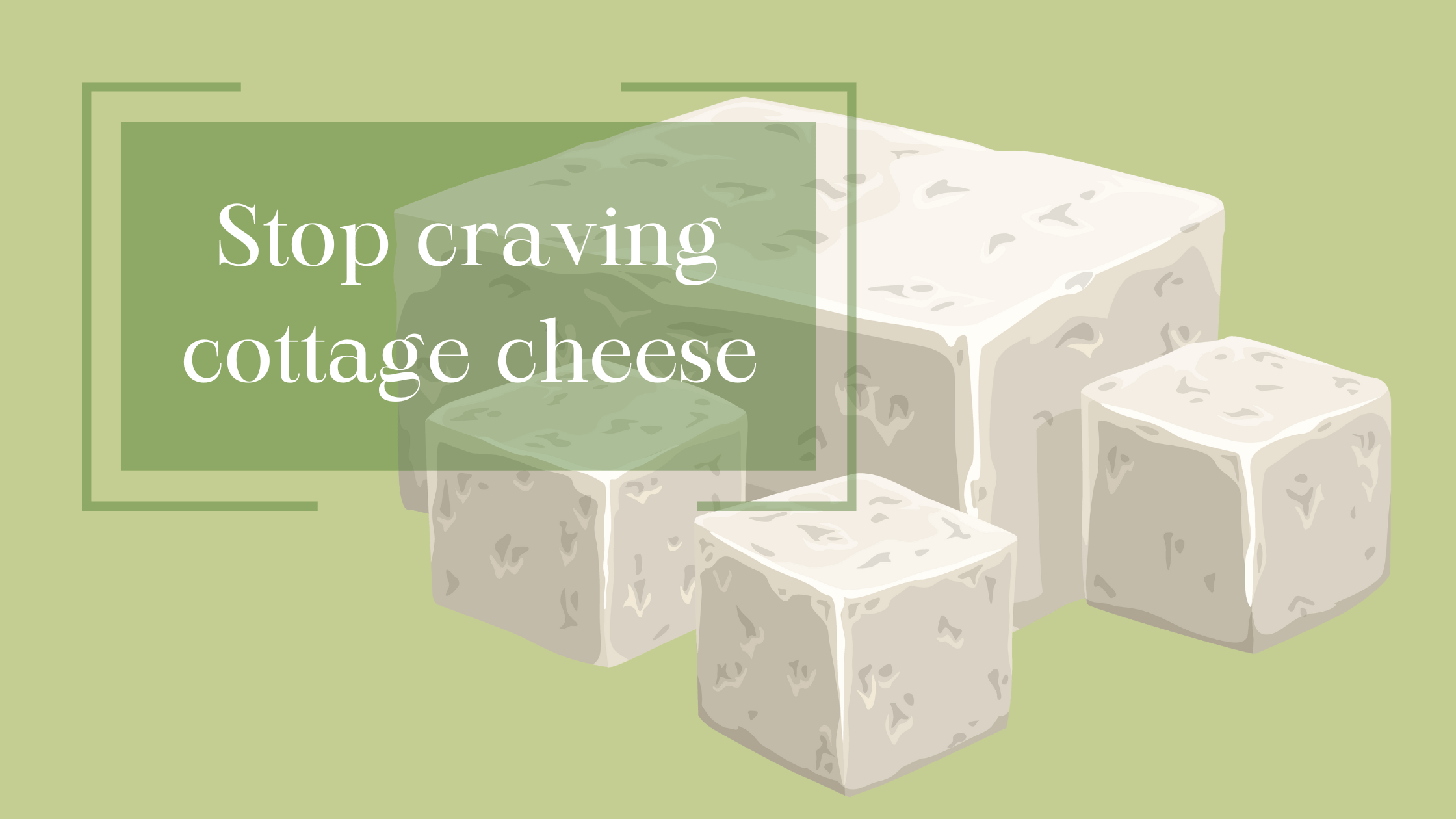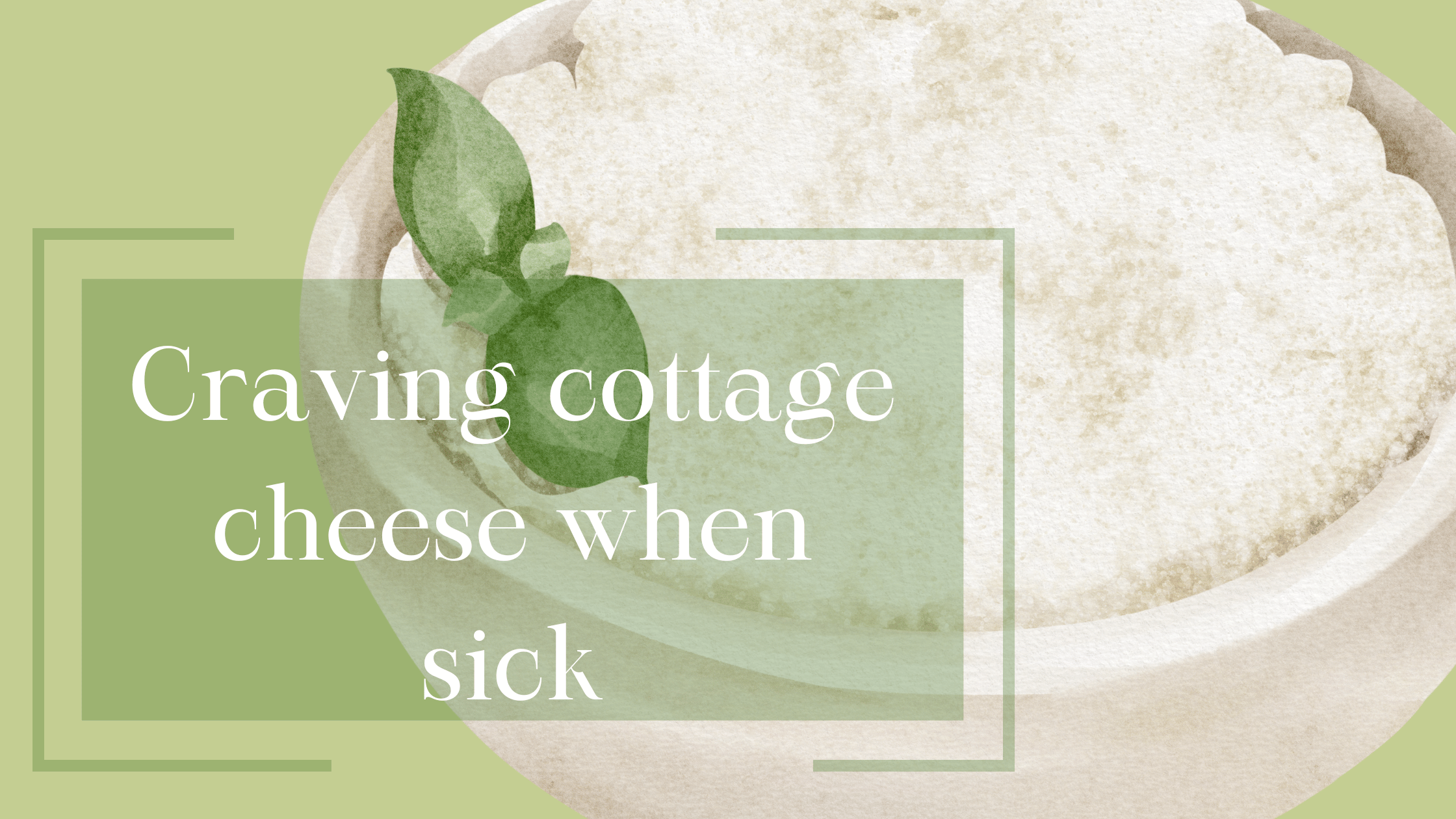
Cravings are a mysterious aspect of human biology that can leave us puzzled and yearning for specific foods. One such enigma is the sudden or persistent craving for cottage cheese. In this article, we will explore the various reasons behind the desire for this dairy delight and provide insights into how to manage and understand Craving Cottage Cheese.
Main Causes for Craving Cottage Cheese
Hunger
One of the most straightforward explanations for craving cottage cheese is hunger. Cottage cheese is a rich source of protein, and our bodies might be signaling a need for this essential nutrient. Protein plays a crucial role in muscle repair, immune function, and overall energy levels. If you find yourself reaching for cottage cheese, it could be your body’s way of expressing a nutritional deficit.
Lack of Fats in Diet
Cottage cheese is not only a protein powerhouse but also a good source of healthy fats. If your diet lacks sufficient fats, your body might crave cottage cheese to fulfill this nutritional need. Fats are essential for various bodily functions, including hormone production and the absorption of fat-soluble vitamins.
Neutral Flavor
Cottage cheese has a mild and neutral flavor, making it a versatile ingredient in various dishes. Cravings for cottage cheese may stem from a desire for something with a subtle taste that can be easily incorporated into both sweet and savory dishes. Its adaptability could be the reason why you find yourself reaching for cottage cheese in diverse situations.
Lack of Sodium
Another potential factor leading to cottage cheese cravings is a deficiency in sodium. Cottage cheese naturally contains sodium, and your body may be signaling a need for this electrolyte. Sodium is vital for maintaining fluid balance, nerve function, and muscle contraction.
What Can I Do When Craving Cottage Cheese

Find Other Fatty Foods
If your body is craving the fats found in cottage cheese, consider incorporating other healthy sources of fats into your diet. Avocados, nuts, seeds, and olive oil are excellent alternatives that provide essential fatty acids.
Eat Some Cottage Cheese
Sometimes, the most straightforward solution is to indulge in the craving responsibly. If your body is genuinely signaling a need for the nutrients found in cottage cheese, consuming a reasonable portion can help satisfy the craving while meeting your nutritional requirements.
Check Sodium Intake
If your craving is related to a sodium deficiency, ensure that your overall diet includes an appropriate amount of this essential electrolyte. However, it’s crucial to strike a balance, as excessive sodium intake can have adverse health effects.
Why am I craving cottage cheese all of a sudden?
Sudden cravings for cottage cheese might be triggered by a specific nutrient deficiency or a recent change in your lifestyle or diet. Analyzing these changes can provide insights into the sudden desire for this particular food.
Why am I craving cottage cheese all the day?
Persistent cravings could indicate a more prolonged nutritional imbalance or a habitual response to stress or emotional triggers. Identifying the root cause of continuous cravings is essential for addressing them effectively.
How to stop craving cottage cheese?

If you wish to curb your cottage cheese cravings, consider diversifying your diet to ensure you’re meeting all your nutritional needs. Additionally, addressing stress or emotional factors that may be contributing to the cravings can be beneficial.
What should I eat when craving cottage cheese?
While cottage cheese can be a healthy choice, consider incorporating a variety of nutrient-dense foods into your diet. Opt for a well-rounded approach that includes proteins, fats, carbohydrates, and a variety of vitamins and minerals.
Craving cottage cheese during pregnancy
Pregnancy cravings are common and often linked to hormonal changes. Craving cottage cheese during pregnancy might be your body’s way of signaling a need for calcium, protein, or other essential nutrients crucial for both maternal and fetal health.
Craving cottage cheese before the period
Hormonal fluctuations before menstruation can influence food cravings. Cottage cheese, with its combination of protein and fats, might be a satisfying choice during this time. Ensuring a balanced diet and staying hydrated can help manage premenstrual cravings.
Craving cottage cheese on period
Similar to cravings before menstruation, during your period, your body may seek comfort in familiar and satisfying foods like cottage cheese. Listening to your body’s signals while maintaining a balanced diet is key during this time.
Craving cottage cheese at night
Nighttime cravings may be influenced by various factors, including stress, habit, or nutritional deficiencies. If you find yourself craving cottage cheese at night, consider whether it could be related to specific stressors or if it aligns with an overall nutritional need.
Craving cottage cheese when feel sick

Illness can impact appetite and taste preferences. Craving cottage cheese when sick might be a result of its easy-to-digest nature and mild flavor. Ensure that your overall diet supports recovery and hydration during illness.
Can you have a cottage cheese addiction?
While food cravings are normal, excessive and uncontrollable urges for a specific food might indicate a more complex issue. If you feel you have an unhealthy relationship with cottage cheese or any food, seeking professional advice from a nutritionist or healthcare provider is advisable.
Is craving cottage cheese a sign of pregnancy?
Cravings, including a desire for cottage cheese, can be a symptom of pregnancy. Hormonal changes during pregnancy can lead to unique taste preferences. If you suspect pregnancy, consider taking a pregnancy test and consulting with a healthcare professional.
Can you eat too much cottage cheese?
While cottage cheese is a nutritious food, moderation is key. Consuming too much cottage cheese regularly could lead to an imbalance in your overall diet. Be mindful of portion sizes and ensure that your diet includes a variety of foods to meet all nutritional needs.
Frequently Asked Questions
What does craving cottage cheese mean emotionally?
Emotional cravings for specific foods, including cottage cheese, may be linked to comfort-seeking behaviors. Identifying emotional triggers and finding alternative coping mechanisms can help manage these cravings in a healthier way.
What deficiency causes you to crave cottage cheese?
Cravings for cottage cheese may indicate a deficiency in protein, fats, sodium, or other essential nutrients found in this dairy product. Assessing your overall diet and addressing nutritional gaps is crucial for understanding and managing these cravings.
Is it OK to eat cottage cheese every day?
Including cottage cheese in your daily diet can be a healthy choice, given its nutritional profile. However, it’s essential to maintain dietary diversity and ensure that you’re meeting all your nutritional needs through a well-rounded and balanced eating plan.
Craving cottage cheese – boy or girl?
Old wives’ tales often link specific food cravings during pregnancy to the gender of the baby. Craving cottage cheese doesn’t have a scientific basis for predicting the baby’s gender. Gender is determined by genetics and not by maternal food cravings.
Craving cottage cheese and pickles
The combination of craving cottage cheese and pickles is a classic example of pregnancy cravings. This unique pairing might be influenced by hormonal changes during pregnancy, leading to distinct taste preferences.
Wrap Up
Craving cottage cheese can be influenced by a variety of factors, including nutritional needs, hormonal changes, and emotional triggers. Understanding the reasons behind these cravings and adopting a balanced approach to nutrition can help manage and satisfy your body’s requirements. Whether you’re experiencing sudden cravings, persistent desires, or specific situations like pregnancy or illness, listening to your body and making informed dietary choices is key to maintaining overall well-being.